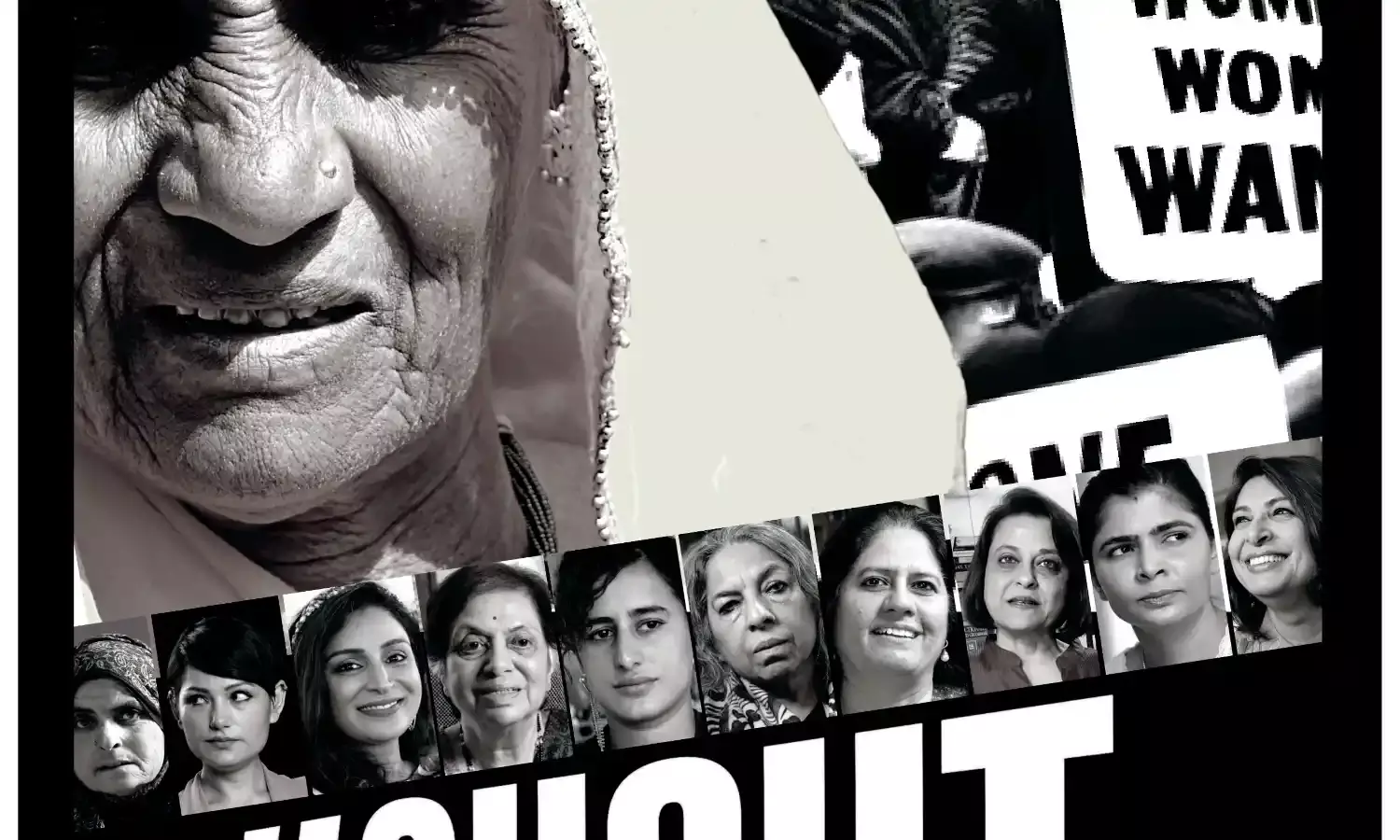
‘#Shout’ is a feature-length documentary that exposes the world of terrorism against women, with the focus on Indian women. It is explosive, bold and also scary.
We meet gang-rape victims like Bhanwari Devi, authors like Tara Kaushal, who wrote ‘Why Men Rape’, publishers like Urvashi Butalia of Kali for Women, mothers like Naseema Bano whose seven-year-old daughter was kidnapped, gang-raped and killed, narrating the loss of her only child. We also see Bant Singh, who lost his limbs while trying to fight his daughter’s rapists but kept on fighting, his head bloody, but unbowed.
“Be Fierce, Be Fabulous” goes the catch-phrase of the production banner of One Life Studios, a premium video-production and distribution company. It has emerged from the ecosystem of the Swastik Corporation.
Its aim is to create alternative and creative content that appeals to both Indian and global audiences. #Shout is its first, feature-length documentary under the OLS banner. Gayatri Gill is at its helm, with Rahul Kumar Tewari as the producer along with Siddharth Kumar Tewari.
Former Director of Programming at ZEE Network, Vinta Nanda has directed #Shout. She is the editor of ‘The Daily Eye’, an online media portal. Her critically acclaimed film, ‘White Noise’ (2004) starring Rahul Bose and Koel Purie, screened across the globe at film festivals like Karachi, Florence, Seattle and Pune is another feather in her cap.
Vinta has directed many tele-series for satellite channels that were hits such as ‘Tara, Raahein, Raahat, Aur Phir Ek Din’ and ‘Milee’ among others. Her entertainment Education work includes serials like ‘Sheila, Kasbah’, films like ‘Anant’ and ‘Aparajita’ and documentaries. She is a Trustee at CORO India. She opens up in a long interview about her new film ‘#Shout’.
Says Vinta Nanda in a detailed interview: “Violence, suppression, dominance, discrimination, inequality and exclusion are generic terms to women’s issues, be it domestic violence, be it rape. The politics of the suppression of women and casual dismissal of women’s rights is pervasive.
“The thread binding us through the narrative of this film was Bhanwari Devi’s case and how the battle she fought relentlessly for years led to the promulgation of the Vishakha Guidelines in 1997, which were then superseded in 2013 by Sexual Harassment of Women at the Workplace (Prevention, Prohibition and Redressal) Act. It was during the #MeToo movement of 2018 when, finally and especially in the industry of media and entertainment, Prevention Of Sexual Harassment (POSH) committees were mandated to be implemented in all places of work.
“This thread provided us the arc and therefore everything we covered was pertinent to the primary story we were telling. But of course, domestic violence is important to address and cannot be made secondary or tertiary to another narrative. #SHOUT 2 is in discussion, so we have plans to go wider with the narration.”

